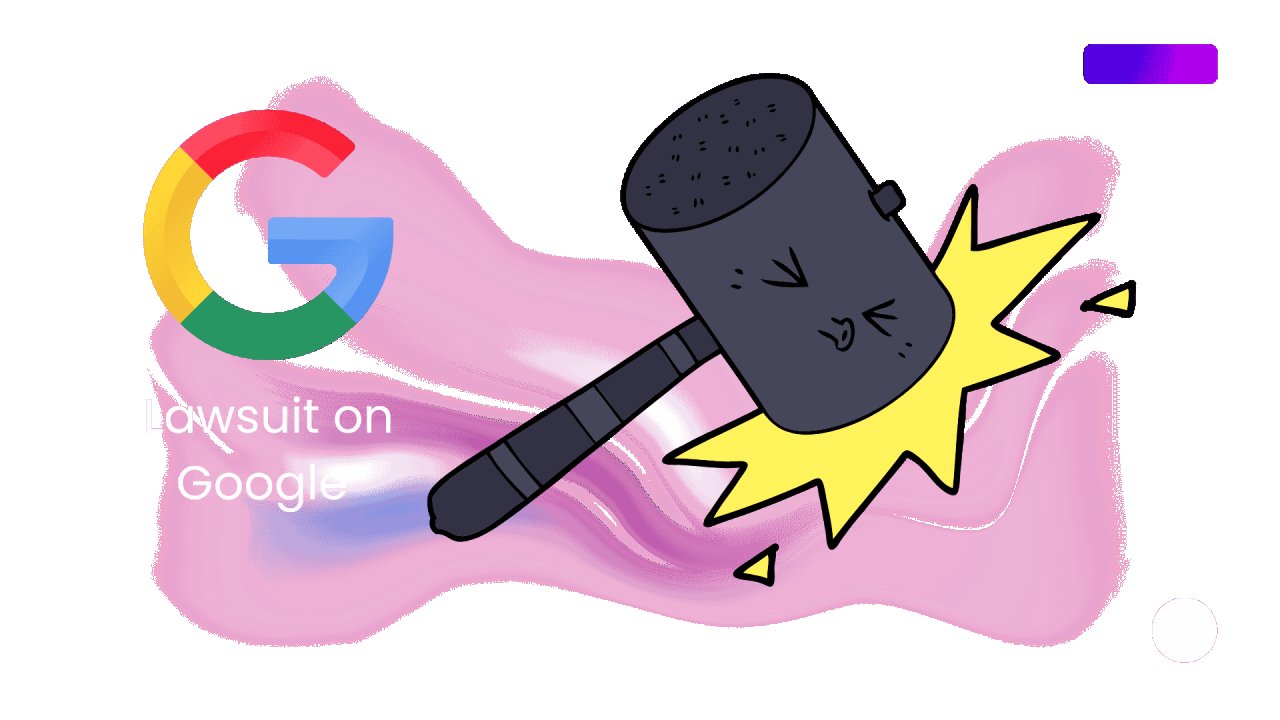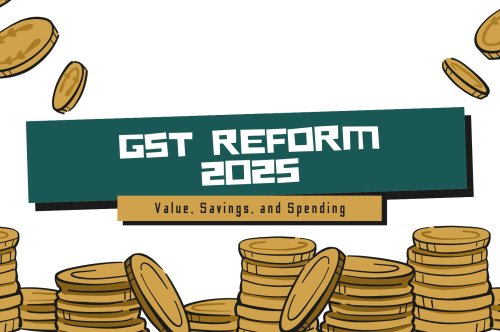Google Fined $425 Million for Privacy Violation: What It Means for You

Introduction
- Another tech lawsuit has targeted Google for violating user privacy.
- A US federal court has fined the company $425 million.
- The case highlights how our data is being collected without consent.
What Happened? The Lawsuit Breakdown
The case began in 2020 as a class action lawsuit.
It covered 98 million users and 174 million devices.
Google was accused of:
- Collecting third-party data secretly
- Continuing to track users even after they opted out
- Selling user data without consent
How Google Tracks You
Apps like Uber, Amazon, Instagram ask for Google sign-in.
Once signed in, Google goes beyond authentication and starts tracking:
- Your rides
- Shopping habits
- Messages
- Scrolling patterns
Despite asking for consent and allowing privacy toggles, Google allegedly collected data in the background.
Google’s Defense
Google claims:
- It honors user choices
- Only collects non-personal data
- Stores data securely in encrypted locations
Google plans to appeal the verdict but faces challenges.
Previous Privacy Issues Faced by Google
-
May 2024: Google fined $1.4 billion for collecting facial features, voice prints, and location data.
-
Last year: Ordered to delete billions of records for tracking users in incognito mode.
Privacy Issues Are Not Limited to Google
-
Tesla (2019–2022): Employees shared videos from customers’ cars.
-
Amazon (2023): Fined $30 million for storing voice data via Alexa and Ring cameras.
-
Meta (2025): Settled for $8 billion over data leaks affecting millions.
Why Privacy Is a Growing Concern
We face invasive data collection across industries:
-
Tech
-
Auto
-
Social media
Common issues:
-
Complex consent forms
-
Endless cookie alerts
-
Unclear data usage
Apps communicate with each other, gathering information silently.
What This Means for Users
Privacy is no longer just about opting out.
Data tracking is widespread and hard to avoid.
Legal actions help, but systemic changes are slow.
Our data defines our identity and holds immense power.
Conclusion: Privacy as a Battlefield
The actual problem is the speed with which technology propels forward and privacy controls lag.
The question remains: Who actually has control of your information?
Privacy today is an ongoing battle, not an ensured right.





